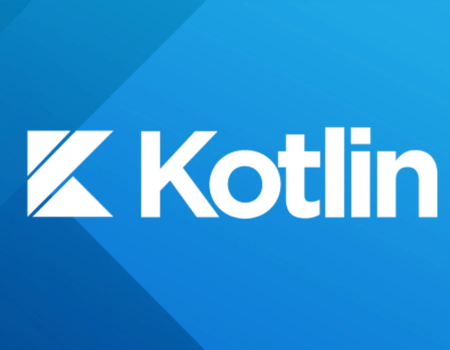Small businesses face unique challenges when it comes to scaling up. They have limited resources and a lean workforce, which can make it challenging to grow and expand quickly. However, outstaffing provides a solution that can help small businesses overcome these challenges and achieve their growth objectives. In this article, we will explore how outstaffing can help small businesses scale up quickly.
What is Outstaffing?
Outstaffing is a business model in which a company outsources its workforce to a third-party provider, who manages and provides the employees for a specific period. Unlike outsourcing, where the provider delivers specific services, outstaffing enables companies to maintain full control over their operations while delegating the HR and payroll responsibilities to the provider. In other words, outstaffing allows businesses to hire and manage a remote workforce without incurring the costs and responsibilities of traditional hiring.
Access to a Global Talent Pooltitle 1
Outstaffing provides businesses with access to a global talent pool. Traditional hiring requires businesses to recruit locally, limiting their options to the available talent pool. With outstaffing, businesses can tap into a vast pool of talent from all over the world. This opens up new opportunities for businesses to hire the best talent for the job, regardless of their location. This access to a global talent pool can be particularly beneficial for businesses operating in niche industries or requiring specialized skills.
Cost Savings
Small businesses have limited resources, and hiring full-time employees can be expensive. With outstaffing, companies can save on costs associated with recruitment, training, benefits, and office space. Outstaffing providers handle all the HR and payroll responsibilities, reducing the administrative burden on small businesses.
One of the main benefits of outstaffing is cost savings. Traditional hiring comes with a range of costs, including recruitment, training, benefits, and office space. These costs can quickly add up, particularly for small businesses with limited resources. Outstaffing allows businesses to save on these costs by delegating the HR and payroll responsibilities to the provider. Outstaffing providers handle all the administrative tasks, freeing up businesses to focus on their core operations.
Scalability
Outstaffing offers businesses a great deal of flexibility and scalability. As the business grows, outstaffing providers can easily provide additional staff to meet the demand. Likewise, if the business needs to downsize, outstaffing allows for a quick and painless process of terminating contracts. This scalability allows businesses to scale up or down quickly without worrying about the cost and hassle of traditional hiring.
Expertise
Outstaffing providers offer a range of specialized skills and expertise that might be difficult for businesses to find locally. For example, if a business needs to develop a new app or software, an outstaffing provider can quickly provide developers with the necessary skills and experience, saving the business time and money.
Flexibility
Outstaffing provides businesses with a high level of flexibility when it comes to managing their workforce. Companies can choose to outstaff their entire workforce or just specific departments or roles. Additionally, businesses can choose to outstaff employees for specific periods, allowing them to ramp up or down quickly as needed.
Reduced Administrative Burden
Outstaffing providers handle all the administrative tasks associated with hiring and managing a remote workforce, including payroll, benefits, taxes, and compliance. This reduces the administrative burden on businesses, allowing them to focus on their core operations.
Improved Efficiency
Outstaffing can improve the efficiency of a business’s operations. By delegating the HR and payroll responsibilities to an outstaffing provider, businesses can focus on their core operations, allowing them to operate more efficiently. Additionally, outstaffing allows businesses to hire staff quickly, reducing the time and effort required for traditional hiring.
Conclusion
Outstaffing can be a game-changer for small businesses looking to scale up quickly. It provides access to a global talent pool, cost savings, scalability, expertise, and flexibility. With outstaffing, small businesses can quickly and easily scale up their workforce without incurring the costs and responsibilities of traditional hiring. As such, small businesses should consider outstaffing as a viable option when planning for growth and expansion.
Outstaffing provides businesses with a range of benefits over traditional hiring, including cost savings, access to a global talent pool, scalability, expertise, flexibility, reduced administrative burden, and improved efficiency. For businesses looking to expand their workforce quickly and efficiently, outstaffing is an excellent option to consider.
Frequently Asked Questions (FAQ)
Outstaffing allows small businesses to access a global talent pool, quickly hire staff with specialized skills, and easily scale up or down to meet demand.
Outstaffing offers several advantages over traditional hiring, including cost savings, access to a global talent pool, scalability, expertise, flexibility, reduced administrative burden, and improved efficiency.
Any business that needs to quickly scale up their workforce or access specialized skills can benefit from outstaffing. This includes startups, small businesses, and large corporations.
Infosoft is a team of IT and QA engineers. We provide companies with technical talents and product development experience to create world-class software. You can scale up and down your remote software developing team at any time without any financial risk.


